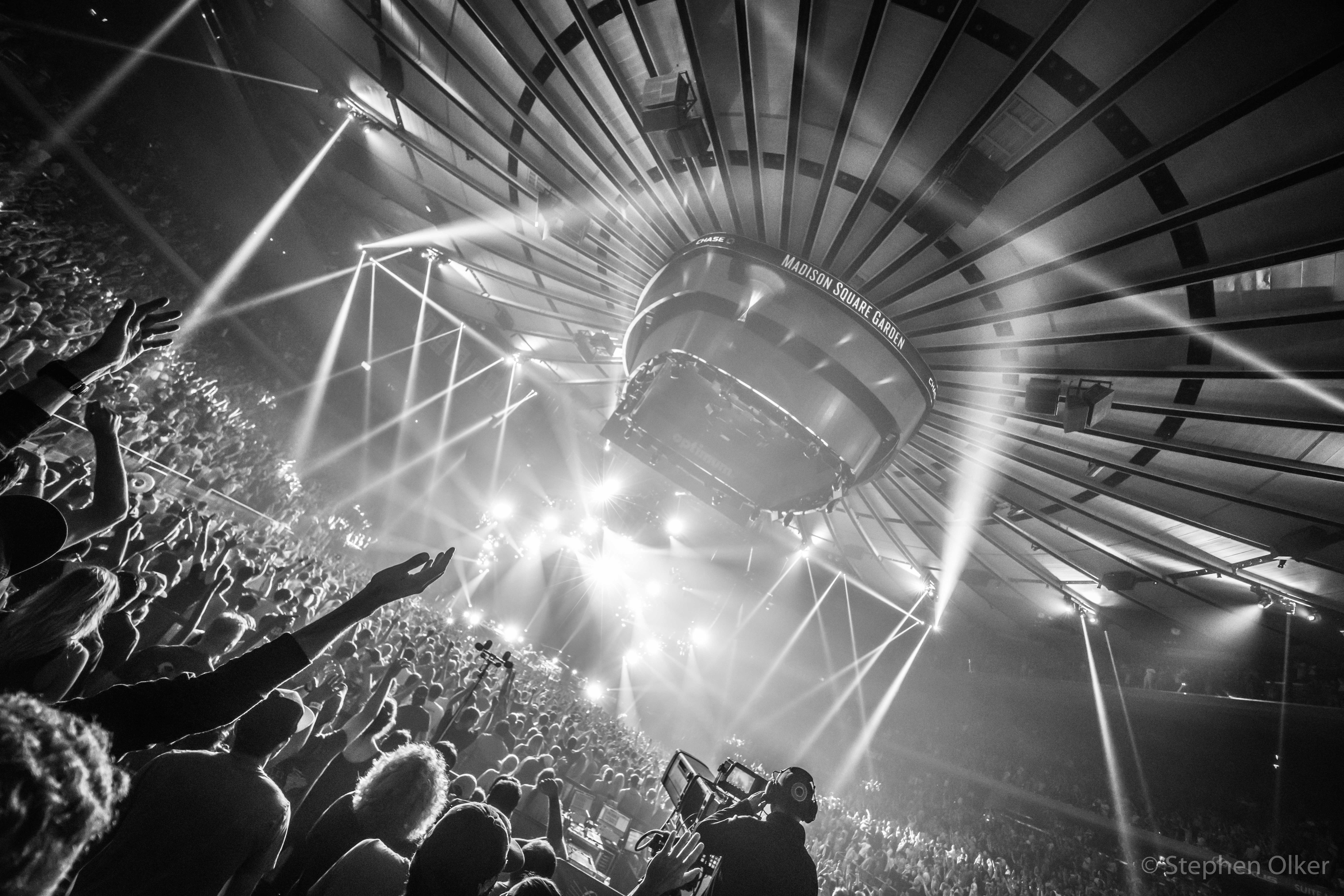BLOG POSTS WHERE MONTH IS 8, AND DAY IS 17, AND YEAR IS 2017
"A THANK YOU TO PHISH" (FROM SAL ORSINO)
[A relatively new Phish fan, Sal Orsino, who first saw Phish at MSG on January 2, 2016, was so inspired by the Baker's Dozen, and by the ten shows he's now seen, to write this piece, which is his answer to the question, "What do the Baker's Dozen shows mean to the community?" Sal is a senior computer science student at Montclair State University in New Jersey. If Phish has inspired you and you're interested in writing something for the dot net blog, email it to charlie at phish dot net. While there is no guarantee it'll be posted to the blog, you'll always be able to post it in the Forum, of course (and we encourage you to continue posting about the greatness of the run there). Thank you, Sal.]
The Baker’s Dozen has ended. We return to our normal lives for those who took off work for the whole run, and for those that didn’t our work week has become that much less exciting without five, absolutely jaw-dropping concerts to attend each week. But that matters not, because we know what just happened this past month. We felt what happened this month, and we lived at these shows. These shows weren’t just a stunt done by the band to give out free doughnuts, or to confuse the hell out of all those outside of the Phish community. While those were simply added bonuses, this run of shows meant so, so much more than that to the band, to the phans, and more importantly, to the community that connects us, and them.


 The Mockingbird Foundation
The Mockingbird Foundation